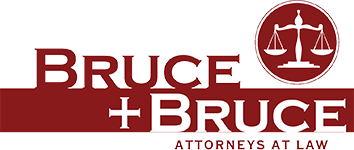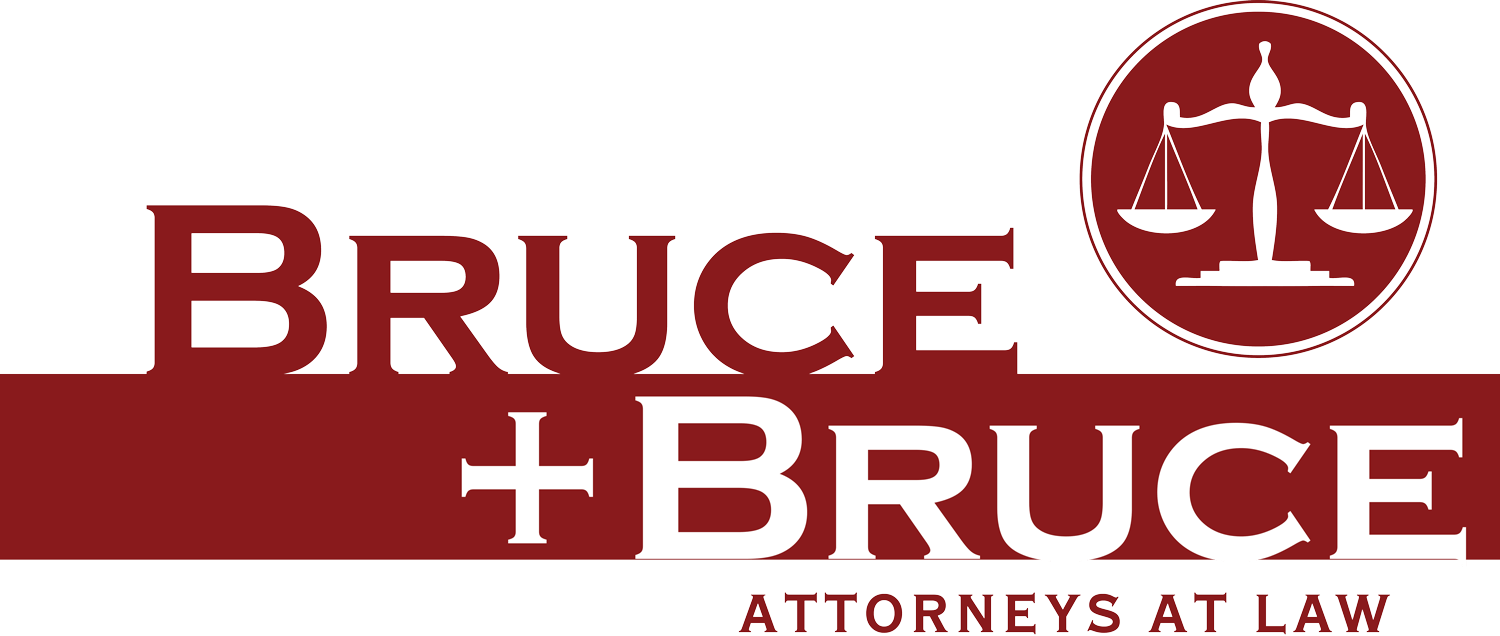Adoption remains a prevalent and popular option for an individual or couple hoping to expand their family. Each year, more than 100,000 adoptions take place in the U.S. But the term “adoption” is a broad brushstroke, one that belies the complexity and uniqueness of each and every case.
One of the key differentiators prospective adopters should take time to understand is the type of adoption. The path you take will define many things about the process that follows.
The 4 main types of adoption
There are numerous avenues to adoption. Each type offers a range of benefits and hurdles you must successfully navigate. Broadly speaking, adoption can be broken down into four distinct types, as outlined by the Indiana Adoption Program:
- Public agency adoption: When you work directly with a government entity, such as the Indiana Department of Child Services, to adopt a child.
- Private agency adoption: When you enlist the help of a licensed, privately operated agency to adopt a child.
- Independent adoption: When you work directly with a birth mother to start and complete the adoption process, without going through an agency (though with assistance from an attorney).
- International adoption: When you adopt a child from another country, usually through an adoption agency or via an adoption attorney.
What to expect from the process
Each type of adoption comes with its own factors to consider. For example, a public agency adoption might be less expensive and only take a few months, but it is less likely to involve an infant. It is usually a better fit for an individual or couple looking to adopt an older child, a child with extra needs, or a sibling group. There usually is financial assistance available for those adopting a child or children through a public agency.
On the other hand, an agency adoption or an independent adoption can each offer a much more direct way to tailor the process to your needs. However, these approaches usually come with higher fees and can entail a long waiting period. It is important for you to have an attorney who can navigate any and all complexities of your situation. For example, an adoption involving a child being born in one state and placed with an adoptive family who resides in another state, is called an “interstate adoption,” and typically involves the need to gain approval for placement from each state’s governmental office established to govern the process as set forth in the Interstate Compact on Placement. This process is involved and mistakes can be costly both in terms of finances and time waiting in the child’s state of birth before the out-of-state adoptive parents are allowed to go home with a child (or worse). Simply put, it is not worth the risks for prospective adoptive parents not to work with a qualified, experienced adoption attorney.
Which type of adoption is the best for your situation? That depends on a variety of factors. No matter what, protecting your expanding family is crucial. The adoption process can be complex. A simple mistake can derail the adoption process and be costly or emotionally devastating.
Working with an experienced adoption attorney helps provide peace of mind. You can consider your options, select the appropriate one and move forward with confidence that someone is watching your family’s back.

